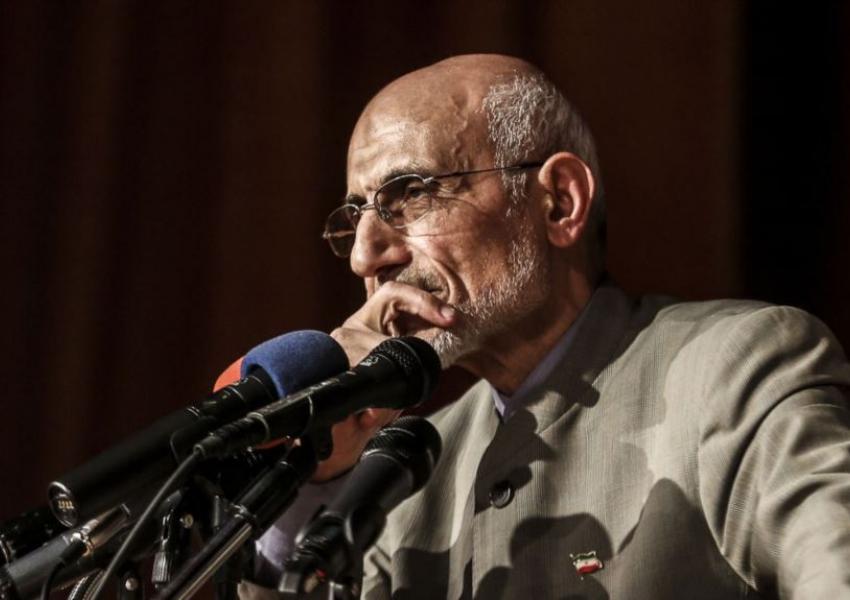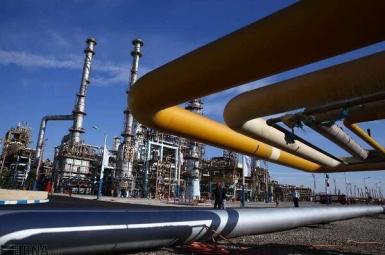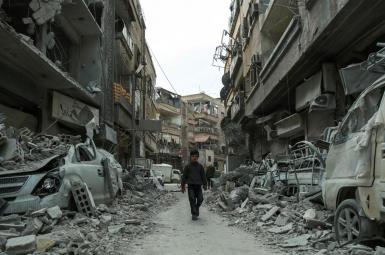
Conservative Lawmaker Attacks Khamenei-Appointed Ruling Council
Mostafa Mirsalim, a disgruntled senior lawmaker, has called for a parliamentary investigation into the performance of the highest-ranking council set up by Iran’s Supreme Leader Ali Khamenei.
The ‘Coordination Council’ of the heads of the three branches of the Iranian political system - the President, the Judiciary Chief, and the Speaker of the Parliament (Majles) - was established in May 2018 and immediately tasked with forming an ‘Economic War Chamber’ to counter United States sanctions.
According to newspapers in Tehran on Thursday, September 17, Mirsalim has “attacked President Hassan Rouhani, Judiciary Chief Ebrahim Raeesi, and Majles Speaker Mohammad Bagher Ghalibaf” during a speech in the Majles on Wednesday. The move is unusual given the Coordination Council was clearly established by the leader.
Mostafa Mirsalim, one of the most hardliner Iranian politicians, is one of the leading members of the traditional conservative Islamic Coalition Party. He was Khamenei's chief of staff when the current leader was president and Culture Minister 1994-7 under President Akbar Hashemi-Rafsanjani.
The Coordination Council has so far made decisions on the annual budget, the price of gasoline, and the listing of oil bonds on the stock market.
In all three cases, the council’s decisions have either been annulled or turned out to be highly controversial.
Meanwhile, the trio have failed to solve the issue of compliance with international standards over money laundering and ‘terrorism financing’, as demanded by the Paris-based intergovernmental Financial Action Task Force (FATF). It remains in abeyance after draft legislation was handed over to the Expediency Council in October 2019.
When the rise in gasoline prices led to nationwide protests in November 2019, the heads of the three powers - even Rouhani whose government was responsible for implementing the decision - distanced themselves from the move.
Most recently, after Rouhani announced that the three had agreed to sell oil bonds on the stock exchange to reduce the budget deficit and ease the country’s economic crisis, the two other leading officials not only opposed the decision but wrote to Khamenei in protest.
In what was possibly a reference to the extremely low turnout of last week's mid-term elections, Mirsalim said the Rouhani administration's performance during the past seven years had adversely affected the people's trust in the government.
Mirsalim berated the government for failing to accomplish its economic goals, and said it was parliament’s responsibility to stop the administration from causing further damage.
He expressed regret that with Rouhani in his final months of office – an election is due in early 2021 and Rouhani ineligible for a third consecutive term – questioning or impeaching his administration would bear no fruit and would waste at least three months of the parliament’s time. Khamenei has already prohibited Rouhani's impeachment on the same grounds.
Mirsalim further criticized the administration and the coordination council, blaming them for the “inappropriate act of printing new banknotes without proper backing.”
Meanwhile, he questioned diverting funds from the country’s hard currency reserve, the National Development Fund, and said the fate of the one billion euros taken from the fund in May was unclear. Some officials had said previously that actually less than one third of the money was put at the government’s disposal.
Mirsalim said that the Majles should launch an investigation into the council's performance during the past two years. “It is a mistake to think that the heads of the bodies of the government are saints and should be immune to criticism,” he insisted.
Meanwhile, he called for returning to Parliament legislative powers that have been handed over to the Coordination Council.
Mirsalim was a candidate for the presidency in 2017, when all the current heads of the three branches were his rivals. He also stood for Majles speaker in May, but his contestants proved more popular among lawmakers.








